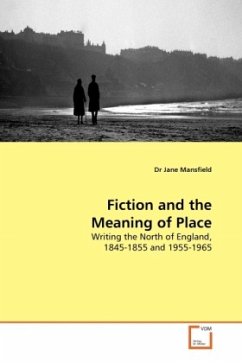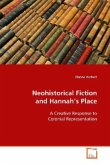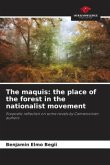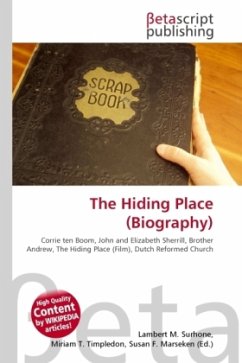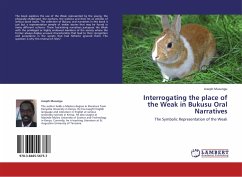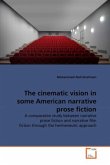Narratives help to affix identities to places. During the mid-nineteenth and the mid-twentieth centuries, the North appears frequently in novels and plays and is particularly prominent in national imagination. Such fictional texts are narratives which help to create and maintain stereotypes of West Yorkshire and Manchester and to foster the concept of northern identity. Qualities of the North become more significant during these periods but qualities of northernness alter across time. As with the narrative of England, the mythologies of the North modify and are politically inflected. Northern character is a narrative with longstanding political motivations in which individuals and geographical regions are 'placed' within hierarchies of power and prestige. This placing of the North has significance for those inside and outside the region. This work will be of interest to those studying place-identity, the north of England or the works of Dickens, Gaskell, Disraeli or the Brontes, or the works of the 1950s northern writers, John Braine, David Storey, Stan Barstow, Shelagh Delaney and Keith Waterhouse.
Bitte wählen Sie Ihr Anliegen aus.
Rechnungen
Retourenschein anfordern
Bestellstatus
Storno

